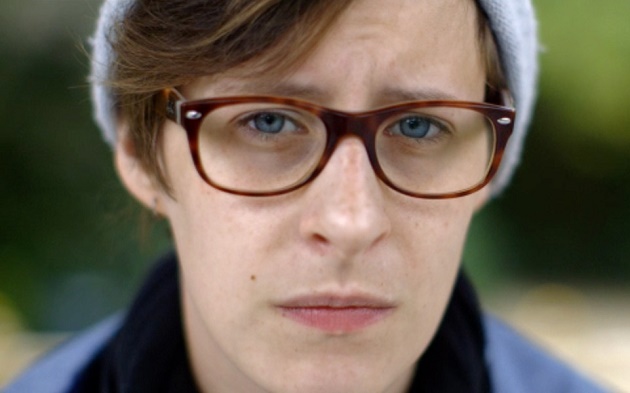Belgium debates euthanasia for psychological pain
One in fifty Belgians dies euthanised. In 2015, there were more than 2,000 euthanasia cases, an average of six per day.
BRUSSELS · 27 OCTOBER 2016 · 16:23 CET

The Belgian Commission on Euthanasia Control (CFCEE) has published its new biennial report, which concluded that one in fifty dies euthanised.
The year 2015 hit the record of more than 2,000 euthanasia cases, which means an average of six per day.
During the 2014-2015 period, 124 of the cases were related to a “mental and behavioural” disorder. This is the first report published after the controversy started on public arena last year and it was presented in the Parliament on October, 7.
In October 2015, the CFCEE decided not to endorse the euthanasia of a 85-years-old women suffering depression. For the first time in 12 years –the law on euthanasia was passed in 2003-, the commission decided to send the case to the courts.
Even though the percentage of euthanasia for psychological illness is low (around 3% of the total), there have been several other individual cases that appeared in the media and have fuelled the debate surrounding euthanasia for mentally ill.
Euthanasia is legal in Belgium if the patient is in a state of constant physical or psychological pain. The doctor has to get a second medical opinion on the “incurable” and “serious” character of the suffering and will make sure of the will and repetition of the demand of the patient. In cases of psychological illness, a psychiatrist also has to be consulted.
THE CASE OF LAURA
What some experts question is the “unbearable” qualification for psychological pain as there is often a possibility of remission. Laura, a 24-year-old woman, stated in front of the camera that she wanted to die. On a documentary filmed for The Economist, “24 & ready to die”, her psychiatrist explained that she had agreed to her demand because her suffering was “incurable” and “unbearable”.
Nonetheless, Laura decided not to terminate her life a few hours before her euthanasia was scheduled. “I cannot do it because the previous two weeks were relatively bearable”, she said.
TAKING DECISIONS UNDER EFFECTS OF DEPRESSION
For Ariana Bazan, Professor of psychological sciences at Université Libre de Bruxelles, the problem lies in the fact that to estimate the “incurability” of the illness “we can only base our decision on what the patient says”.
She explains in an interview for the Belgian newspaper Le Soir: “To decide for people who are suffering from deep depression is very hard, because their illness tells them precisely that there is no hope any more”.
Bazan points at the fact that there are other resources for these patients, but that “the mental health sector is in crisis” and “we cannot say today we have tried everything we can for these patients”.
Frédéric Sumois, the journalist that covers health topics for Le Soir, questions the law: “In 2002, even the stronger supporters for the law agreed that it would only be a progress law if […] society offered at the same time all the best medical resources that are possible”.
EUTHANASIA FOR CHILDREN
Belgium is one of the first countries to have legalised euthanasia for children, in 2014. A minor suffering from a terminal illness was euthanised in September 2016 for the first time.
Read more news and Christian perspectives on euthanasia here.
Published in: Evangelical Focus - europe - Belgium debates euthanasia for psychological pain
